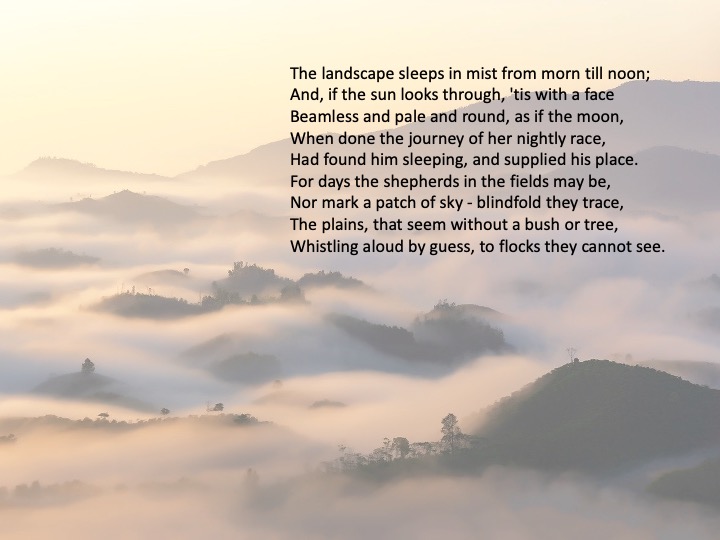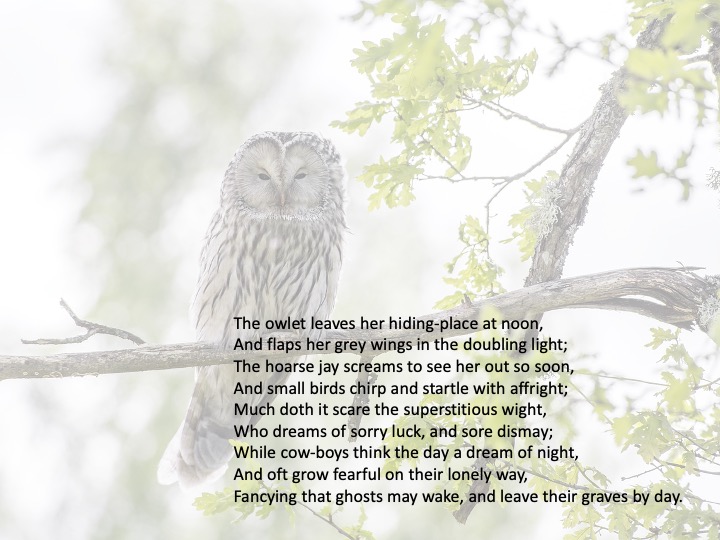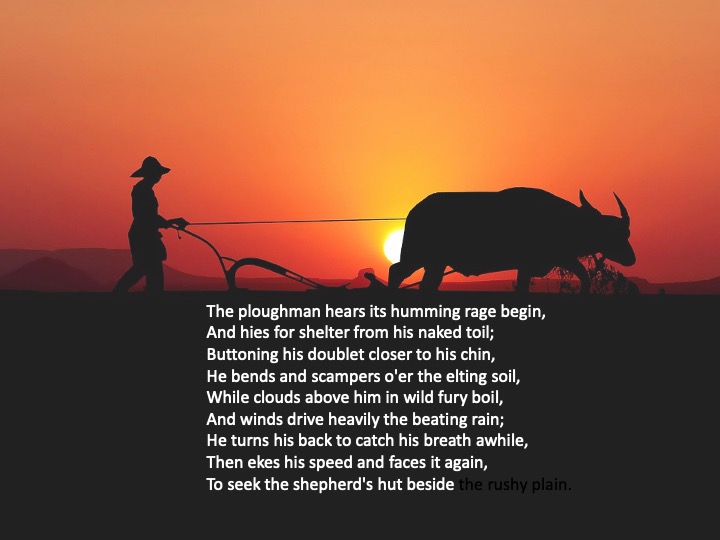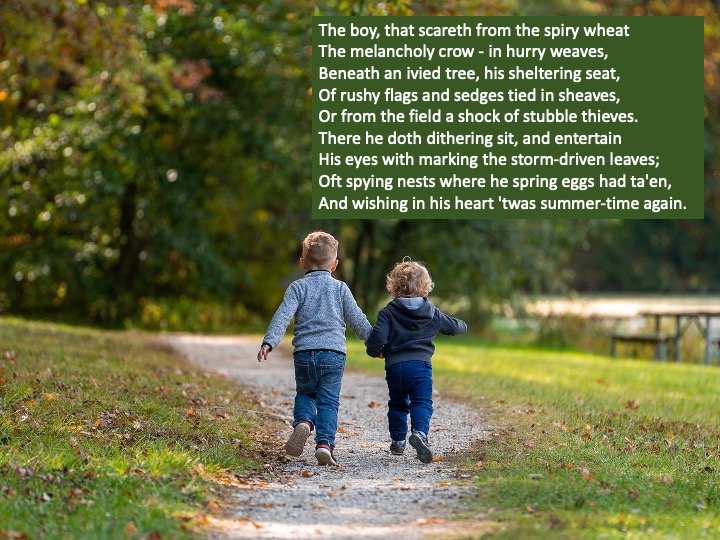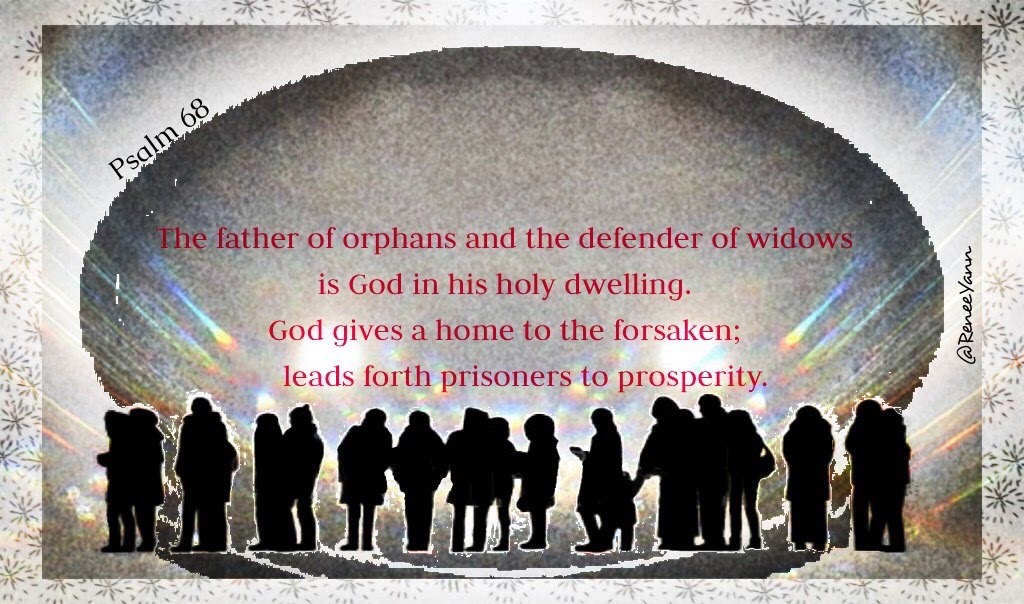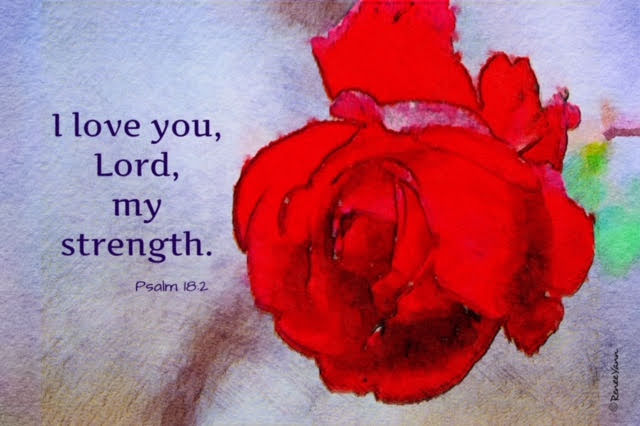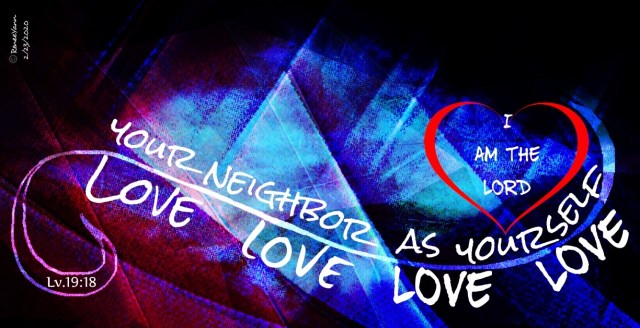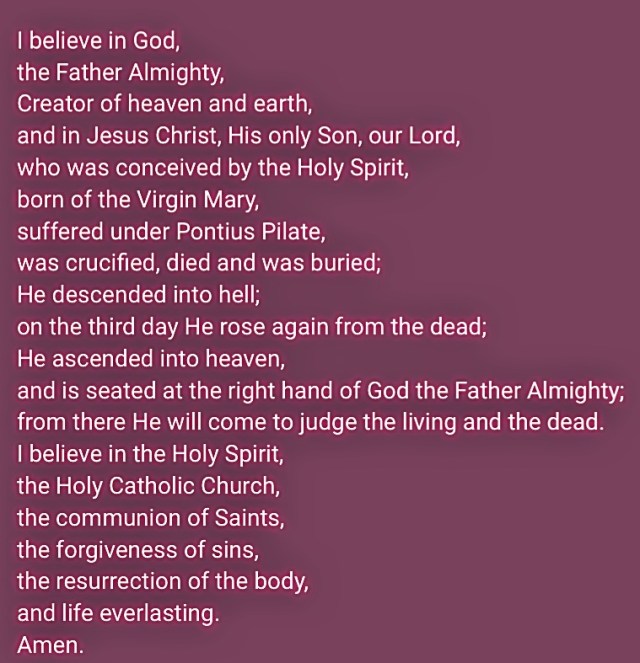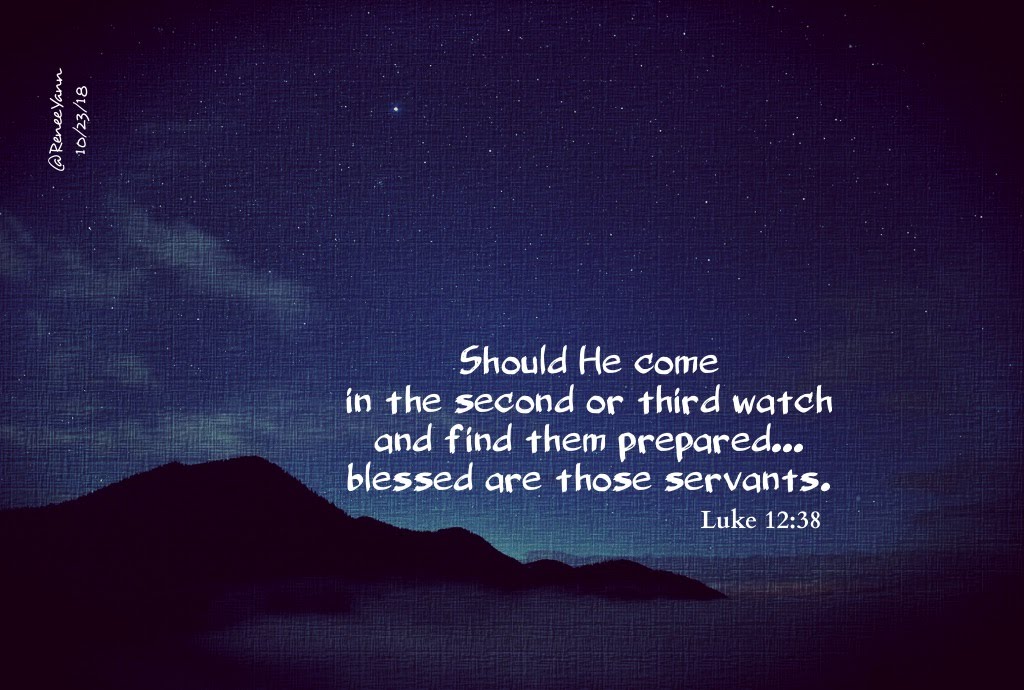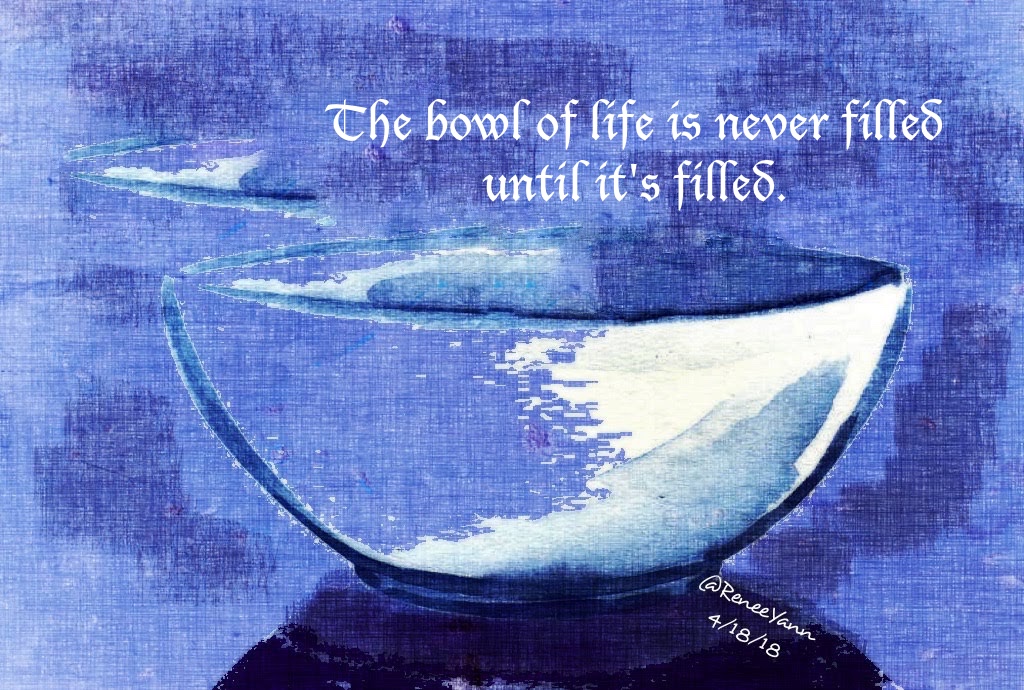Solemnity of All Saints
Wednesday, November 1, 2023

Today’s Readings:
https://bible.usccb.org/bible/readings/110123.cfm
Today, in God’s Lavish Mercy, we pray with Psalm 24, an exultant song of praise and celebration whose opening lines leave no doubt of God’s overarching Supremacy
The earth is the Lord’s and all that is in it,
Psalm 24: 1-2
the world and all who dwell therein.
For it is God who founded it upon the seas
and made it firm upon the rivers of the deep.
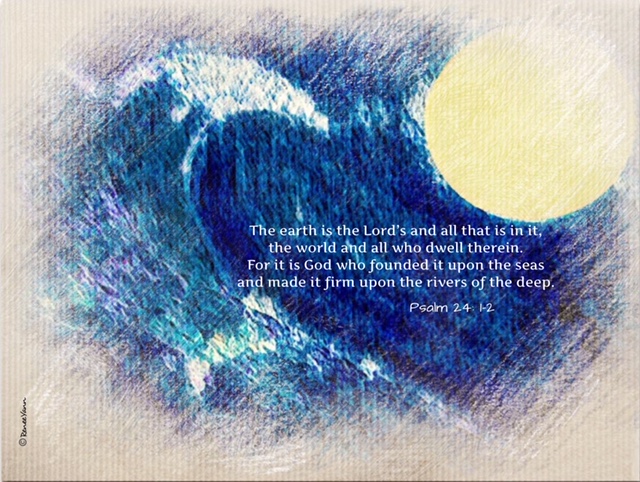
The psalmist then asks and answers the burning question of all spiritual seekers: who may come into the presence of this Omnipotent Being? Who may live in Eternal Love?
Who can ascend the mountain of the Lord,
Psalm 24: 3-5
and who can stand in the holy place of God?
Those who have clean hands and a pure heart,
who have not pledged themselves to falsehood,
nor sworn by what is a fraud.
They shall receive a blessing from the Lord
and a just reward from the God of their salvation.
It is these successful seekers whom we celebrate today,
the ones already embraced in everlasting glory.
As we consider their lives, we might ask the further question:
how did they do it; how did they achieve holiness?
John, in our second reading, says the key to holiness is to honor the gift already given to each of us at our creation and confirmed in our Baptism:
Beloved:
See what love God has bestowed on us
that we may be called the children of God.
Yet so we are.
The reason the world does not know us
is that it did not know God.
Beloved, we are God’s children now;
what we shall be has not yet been revealed.
We do know that when it is revealed we shall be like God
for we shall see God as God truly is.
Everyone who shares this hope seeks a heart purified in God.
We honor all the Saints today, especially the multitudes whose names are unknown to us. They are the ones who lived lives of Beatitude among us, as our Gospel teaches. May they help us to learn the lessons of:
- a liberated spirit
- an unpretentious persistance
- a hopeful endurance
- a thirst for righteousness
- a merciful and pure heart
- a gentle but relentless peace-making
- and a courageous pursuit of justice
These are the keys that will lift up the gates of Heaven for us, allowing the Holy One to make us holy:
Lift up your heads, O gates;
Psalm 24: 7
lift them high, O everlasting doors;
and the One who reigns in glory shall come in.
Poetry: In Whom We Live and Move and Have Our Being – Denise Levertov
Birds afloat in air’s current,
sacred breath? No, not breath of God,
it seems, but God
the air enveloping the whole
globe of being.
It’s we who breathe, in, out, in, the sacred,
leaves astir, our wings
rising, ruffled—but only saints
take flight. We cower
in cliff-crevice or edge out gingerly
on branches close to the nest. The wind
marks the passage of holy ones riding
that ocean of air. Slowly their wake
reaches us, rocks us.
But storm or still,
numb or poised in attention,
we inhale, exhale, inhale,
encompassed, encompassed.
Music: two songs for the big feast🤗
Psalm 24: Lift up your heads, ye gates – Georg Friedrich Handel
Sung by the Gramophone Chorus – Ghana
Give Us Clean Hands – Charlie Hall


